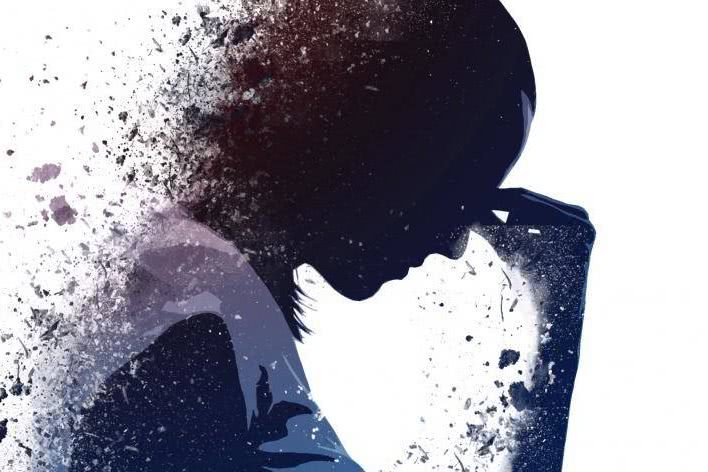
Trauma is a broad term that refers to a variety of experiences that cause emotional and psychological distress. It is a deeply distressing or disturbing event or experience that can have long-term consequences for a person’s mental and emotional well-being. Trauma can occur as a result of a single event or a series of events, and it can affect people of all ages, genders, and backgrounds.
Trauma Types:
There are several types of trauma, each with their own set of characteristics and symptoms. Some of the most common types of trauma are as follows:
- Acute trauma: A single traumatic event, such as a car accident, natural disaster, or physical assault, causes this type of trauma.
- Chronic trauma: Caused by repeated or ongoing exposure to traumatic events, such as living in a war zone or experiencing long-term abuse.
- Complex trauma: Caused by a series of long-term traumatic experiences, often beginning in childhood, such as abuse, neglect, or abandonment.
Addiction, Anxiety, and Depression as a Result of Trauma:
Trauma can have a serious impact on a person’s mental health and well-being. It has been linked to the emergence of mental health disorders such as anxiety, depression, and post-traumatic stress disorder (PTSD). It can also raise the likelihood of addiction and substance abuse.
People who have been through trauma may turn to drugs or alcohol to help them cope with their emotional pain and distress. Addiction can result as they become dependent on these substances to regulate their emotions and manage their symptoms. Furthermore, trauma can make it difficult for people to seek addiction treatment because they may feel ashamed or stigmatised.
Individuals who have experienced trauma may also experience anxiety and depression symptoms such as persistent sadness, loss of interest in previously enjoyed activities, irritability, and difficulty concentrating. They may also have trouble sleeping, have nightmares or flashbacks, and avoid situations that bring back memories of the traumatic event.
How Traumatized People Act Out in Specific Situations:
Individuals are affected differently by trauma, and their reactions to specific situations may differ depending on their unique experiences and coping mechanisms. However, here are some common ways that traumatised people may act out in specific situations:
- In social situations: Traumatized individuals may withdraw or avoid social situations entirely. They may struggle to form and maintain relationships with others, as well as to trust others.
- In intimate relationships: Trauma can make it difficult for people to form intimate relationships. They may experience feelings of shame and self-doubt, making it difficult to connect emotionally with others.
- At work or school: Trauma can impair a person’s ability to concentrate and focus, affecting their performance at work or school. They may also struggle with stress and feel overwhelmed by even minor tasks.
Trauma is a complex and multifaceted issue that can have long-term consequences for an individual’s mental and emotional well-being. It can result in the development of mental health disorders such as anxiety, depression, and post-traumatic stress disorder (PTSD), as well as addiction and substance abuse. Individuals who have experienced trauma must seek assistance and support from mental health professionals, who can provide them with the tools and resources they require to heal and recover.
Find out what is at the heart of trauma and what you can do to start dealing with it today. Many times trauma leads to addiction and a broad range of destructive behaviours and coping mechanisms. The next episode will tell you what addiction is and how it manifests into deeper areas of your persona and relationships.
If you found this video helpful in understanding trauma there are a number of related trauma articles from the blog that may be of interest to you complex post-trauma stress, causes of PTSD, childhood trauma and attachment trauma.
Recovery Direct operates Johannesburg’s top rehab treatment centre for trauma care. The Centre focuses on resolving past traumas that debilitate and play out problematic behaviour patterns in clients lives including addiction, depression and anxiety related problems through an exclusive continuum of encouraging psychiatric care.







